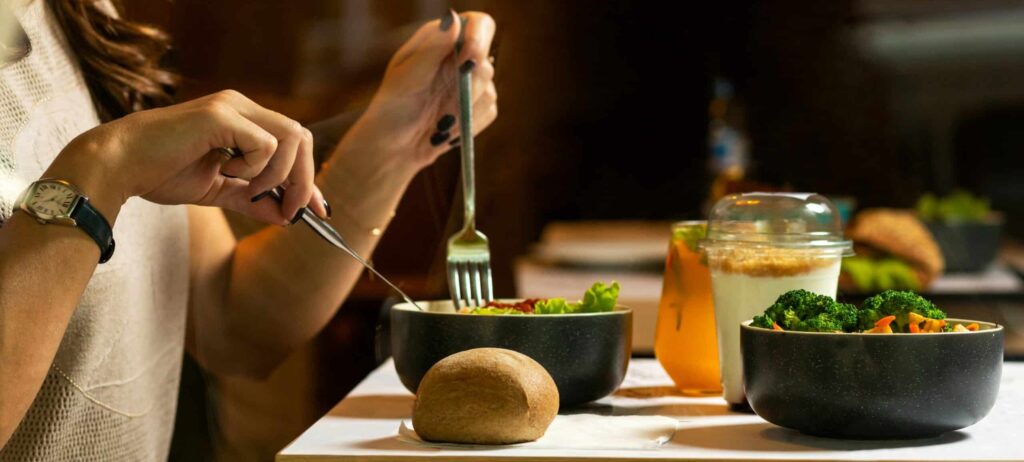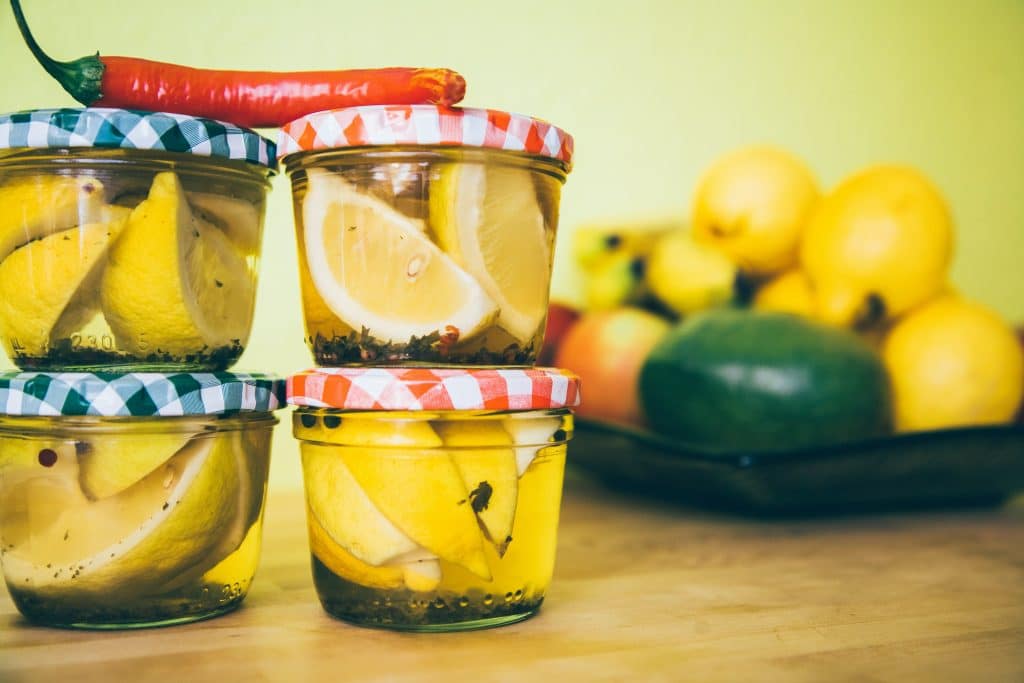Mahsa Jafari, a dietitian at Teladoc Health, explains what she thinks should be on your shopping list independent of where you are located.
“Health is the foundation for everything you want to achieve. I get a lot of energy from helping people strengthen that foundation,” she explains. She believes it is important to educate people about what they eat and how they can improve their diet without it feeling like a strict regime.

Fruit and vegetables
When grocery shopping, Mahsa recommends always adding seasonal fruit and vegetables to your basket. This is beneficial for your health, wallet and the environment. Seasonal produce contains different nutrients, encouraging a more varied diet and thus contributing to a healthier body. “By eating with the seasons, you get a variety of vitamins and minerals, and you choose products that are less harmful to the environment” says Mahsa. She advises looking for as much variety as possible in your fruit and vegetables. Her favourite fruit is the kiwi. “It’s full of vitamin C, aids digestion and can even help you sleep better. You only need one or two kiwis a day to get your recommended daily intake of vitamin C,” she explains.
When it comes to vegetables, Mahsa clearly prefers dark green leafy vegetables such as kale and spinach. These vegetables are high in magnesium, which is beneficial for muscles and other bodily functions. She recommends eating these vegetables regularly, as they contribute significantly to overall health.
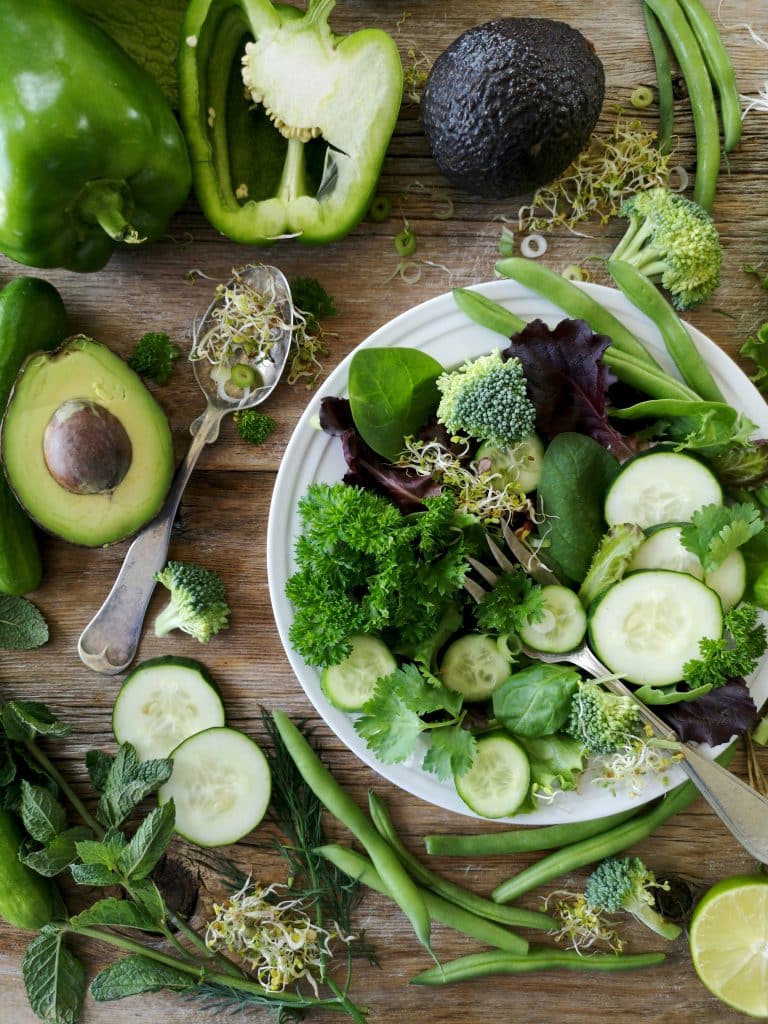
Mahsa also stresses the importance of fibre in bread, pasta and rice. “Wholegrain products, such as wholemeal bread, pasta and crackers, are much better for your health than white varieties. They are packed with fibre, which aids digestion and keeps you feeling full for longer,” she says. Other high-fibre foods, such as oatmeal, flaxseed and psyllium fibre, can also be valuable additions to your diet.
Dairy and proteins
When it comes to dairy products, Mahsa recommends choosing fermented options such as yoghurt and cottage cheese. These contain probiotics, which benefit gut flora. “Probiotics are essential for healthy digestion and a strong immune system” she says, recommending varieties without added sugars or artificial sweeteners. If you want something sweet, it is better to add a piece of fruit, such as a banana.
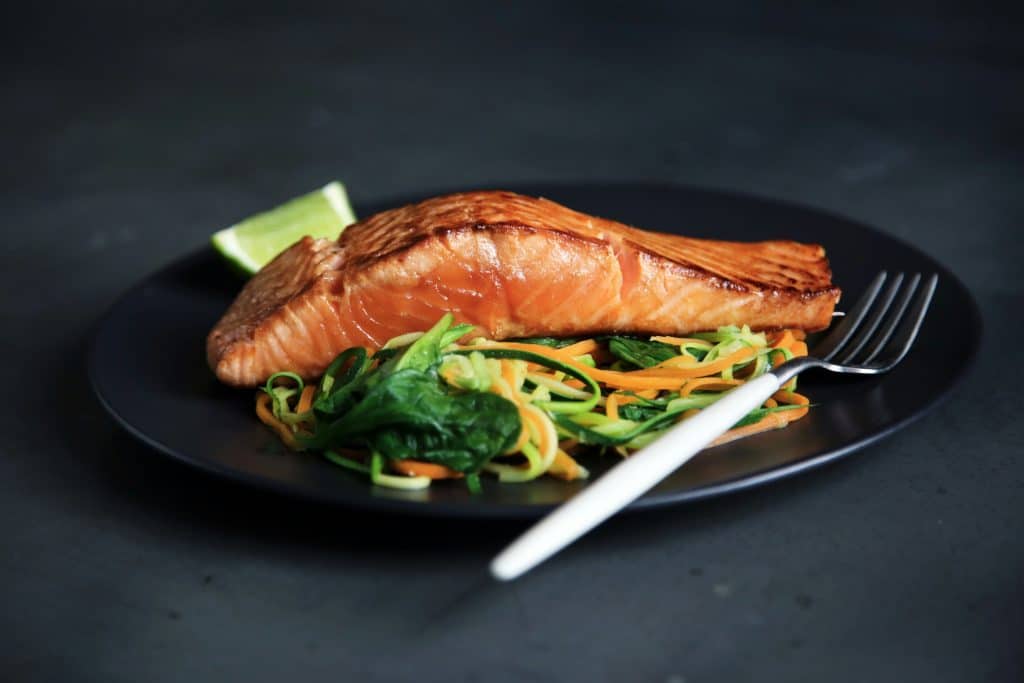
Protein is essential for a healthy diet, and Mahsa stresses the importance of variety. She suggests including lean meats and oily fish, such as salmon, in your diet twice a week. “Oily fish contain healthy omega-3 fatty acids that are good for your heart and brain”, she says. Legumes such as lentils and chickpeas are good sources of vegetable protein, as are seeds such as pumpkin and chia. These contain not only protein, but also healthy fats, making them an excellent addition to your diet. “It’s all about balance and variety,” she explains. This also applies to fats.
Oils and fats
Mahsa recommends choosing olive oil, as it is one of the healthiest fats for frying. ‘Extra virgin olive oil is the best quality and can be used for both cold and hot dishes,’ says Mahsa. Flaxseed oil, which is rich in healthy fats, is also a good option for drizzling over salads. When it comes to butter, she believes it is best to choose unsalted butter instead of margarine or other processed fats. “Cream butter does contain more saturated fats, but if you use it in moderation, it’s fine as part of a healthy diet. Avoid the processed varieties, which often contain additives,” she says.
Avocados and nuts are also items that Mahsa always has in her shopping basket. Avocados contain healthy fats and nutrients, and although they are high in calories, they can be part of a healthy diet as long as they are eaten in moderation. “Many people are afraid of fats, but healthy fats like those in avocados and nuts are actually good for you”, she explains.
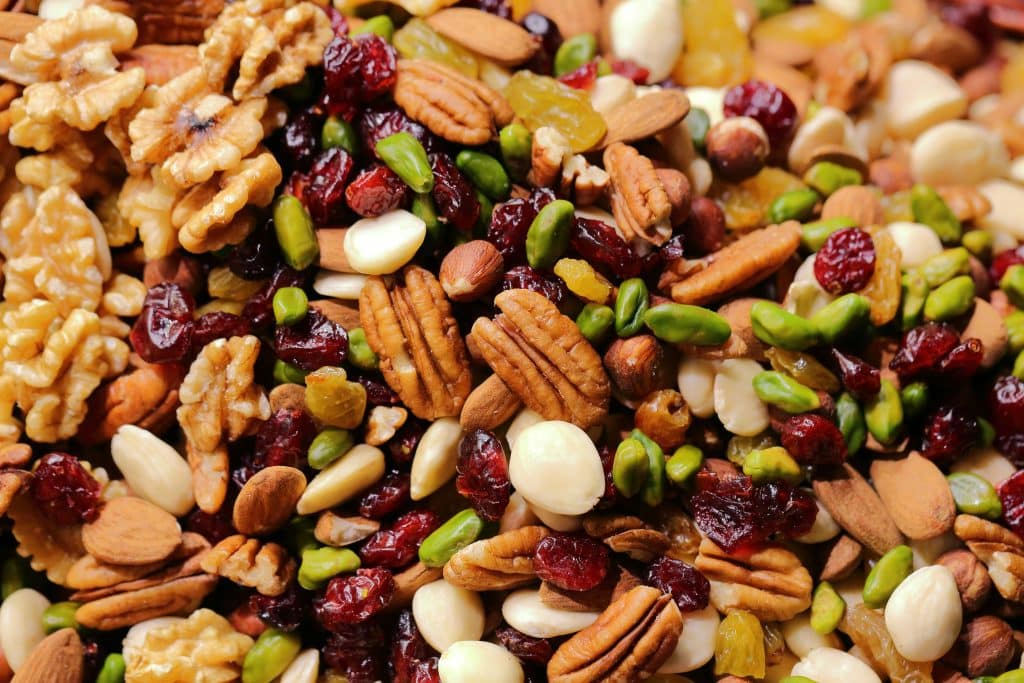
Snacks, chips and soft drinks
When it comes to less healthy products such as crisps, biscuits and fizzy drinks, Mahsa’s advice is clear: “Try to avoid these products as much as possible. Once you get used to drinking water, tea or coffee, you won’t crave soft drinks any more. The key is to develop healthy habits. Of course, you can treat yourself to something sweet now and again, but it’s important that this doesn’t become the basis of your diet”.
For healthy snacks, Mahsa recommends fruit or unsalted nuts. Dates and dark chocolate are also fine options for a sweet snack. “You can add some peanut butter for extra flavour.”
Would you like to eat more healthily but need an extra push? Start the Get Fit programme in the Ecare portal or app today. This 4- or 8-week programme provides easy recipes and tips to help you develop healthy eating habits and get active.





